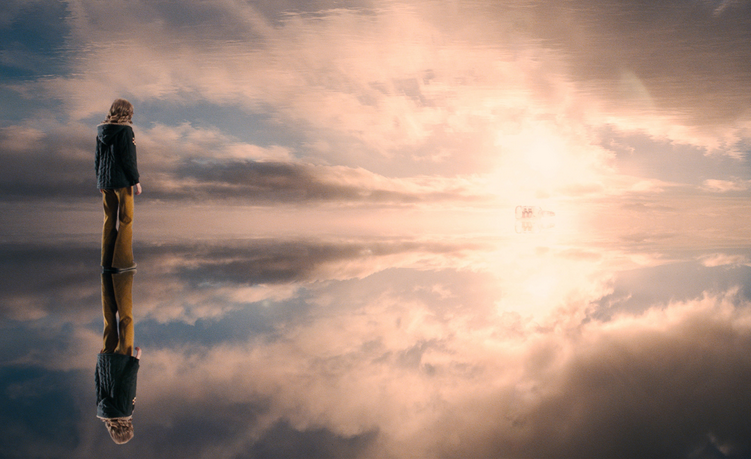
Society constantly seeks to push back boundaries. We hear of ground breaking discoveries, especially with living longer, as we constantly desire to go further than ever before. We want always to go beyond.
Our Desire to Go Beyond
There’s a tale from Ancient India which tells of our desire to make progress:
“Four people wanted to each learn a new speciality with which would give them additional skills and mastery.
The first soon returned announcing that they had developed a way of taking a bare bone and creating flesh to surround it. The second said that they could grow skin and hair over that flesh.
The third said they could make limbs with that bone, flesh, skin and hair. The fourth said that they could bring life to this new form.
So they went out to demonstrate their new skills. They found a bone, they added flesh, then skin and hair, then made limbs, and finally gave it life. It was a lion – and it ate all of the people.” [1]

Their desire to go beyond was lost without considering the now. It was Henri Nouwen who discussed societies focus on what is beyond when he said “there is hardly a belief in the ‘here’” [2]

Our desire to escape the ‘here’ and go beyond seems part of our DNA, when we rarely seek to stop, and ponder what is now. Mark Twain also said “The fear of death follows from the fear of life.“. Rather than find immortality, might we think more of our life now.
Nobody can dream of a new earth when there is no old earth to hold any promises.
Henri Nouwen, The Wounded Healer, p16
The Church has used a metaphor to describe that transition between life here and life beyond. Death is an event in our life, marking a transition rather than a terminus.
What are your thoughts?
Death is but a bus station on the journey of life, it isn’t the bus terminus – it’s not the end of the line.
[1] Van Buitenen, J.A.B., trans., Tales of Ancient India, (New York : Bantam Books, 1961), pp. 50-51
[2] Nouwen, Henri., The Wounded Healer, (London : DLT, 1979, 2014), p. 16.